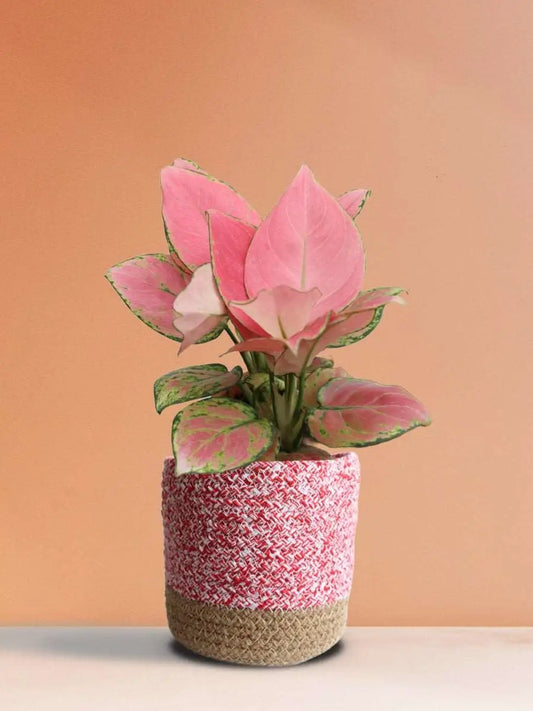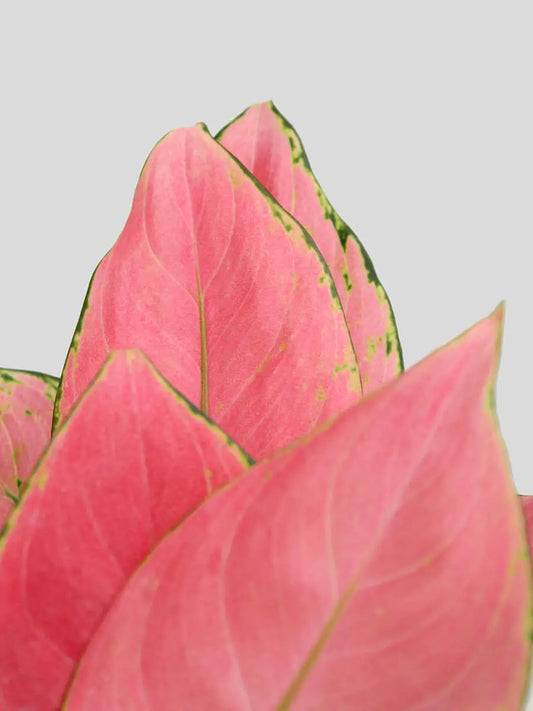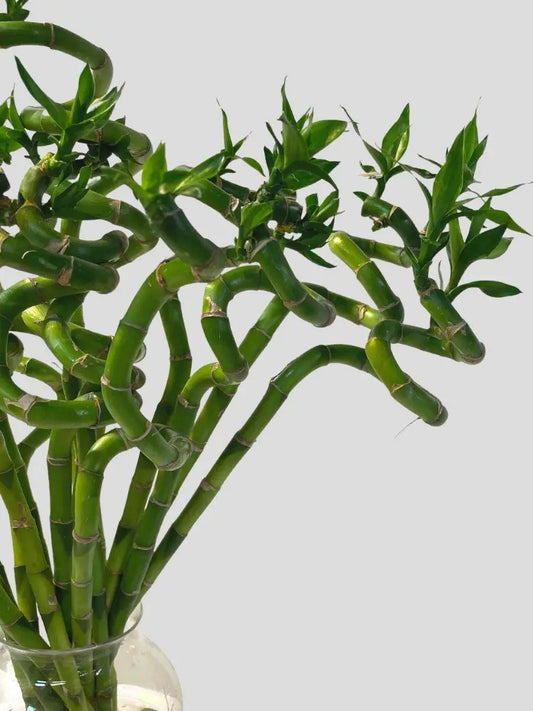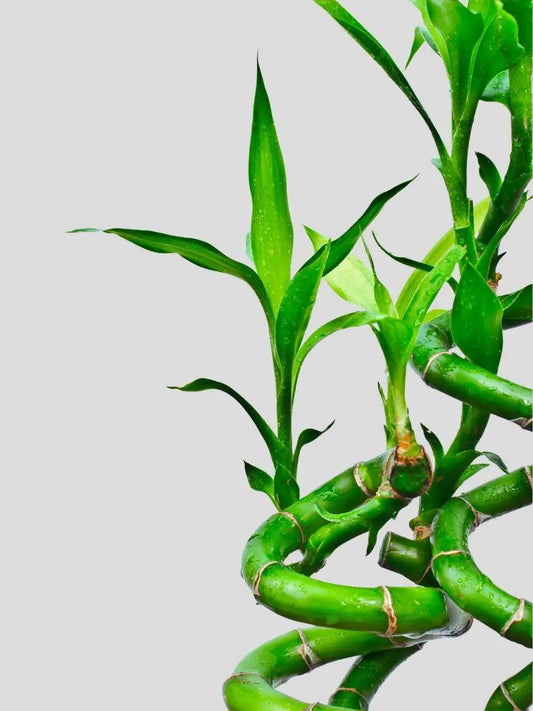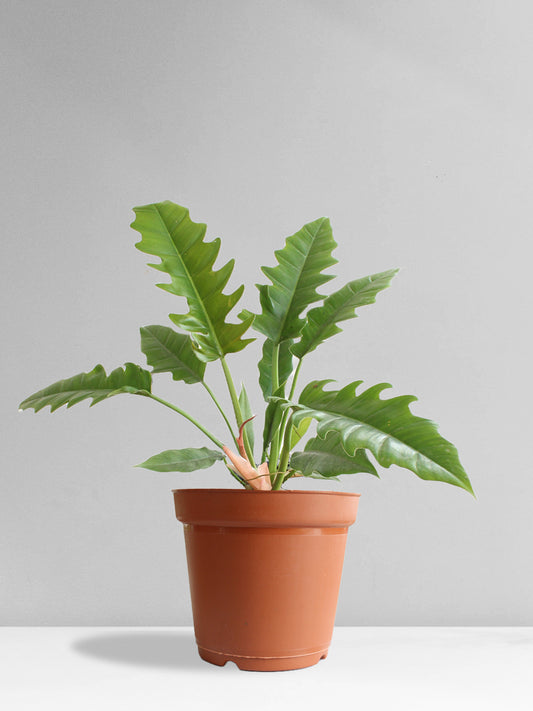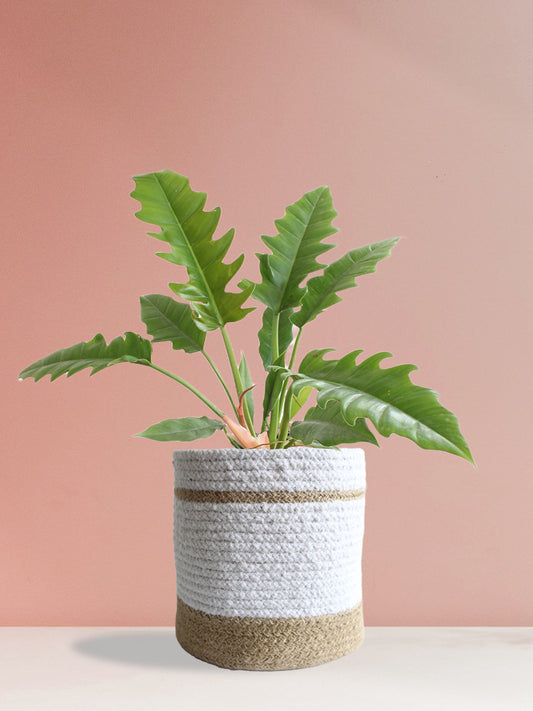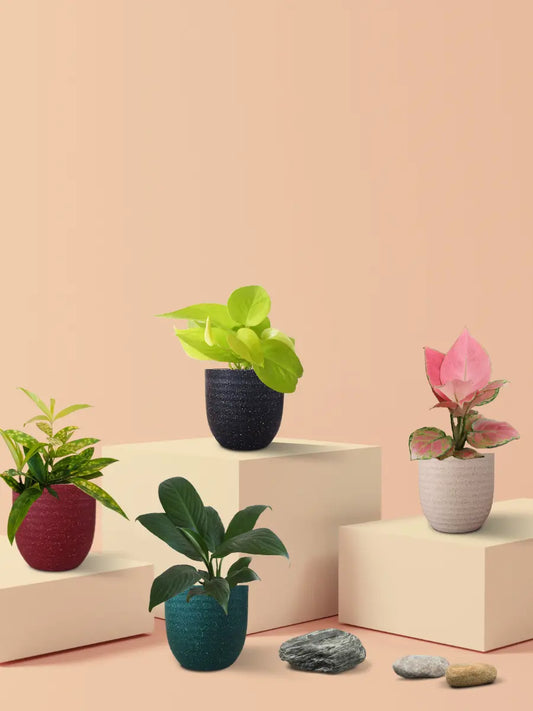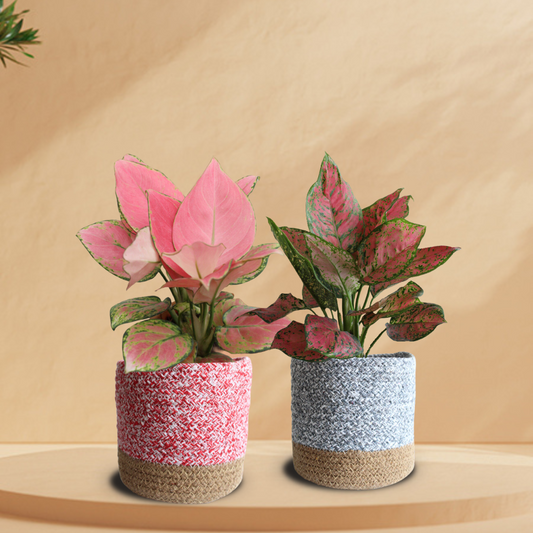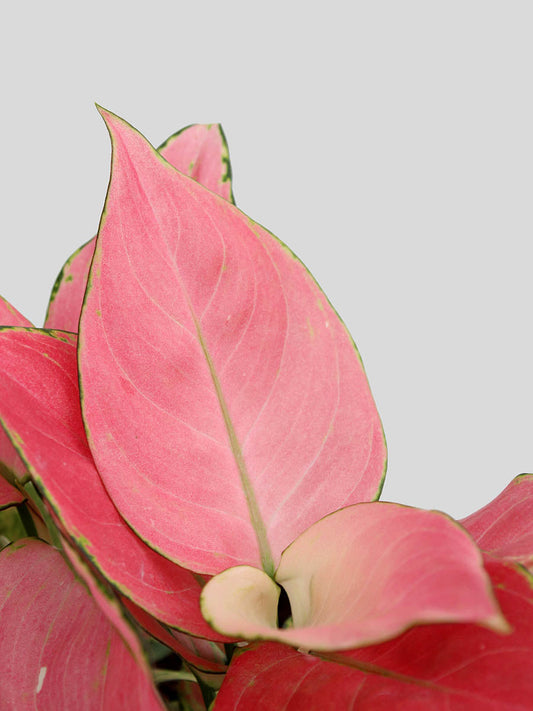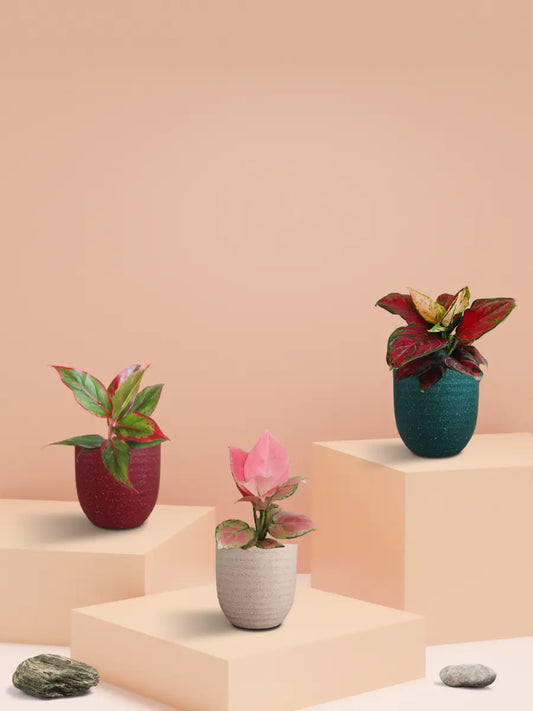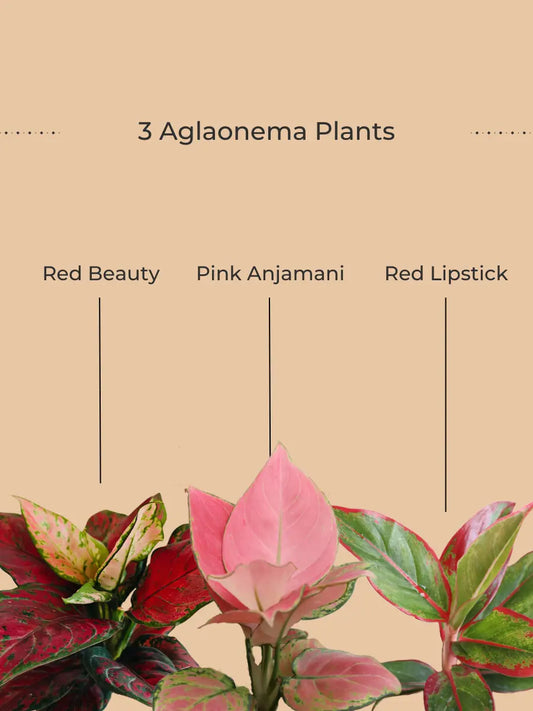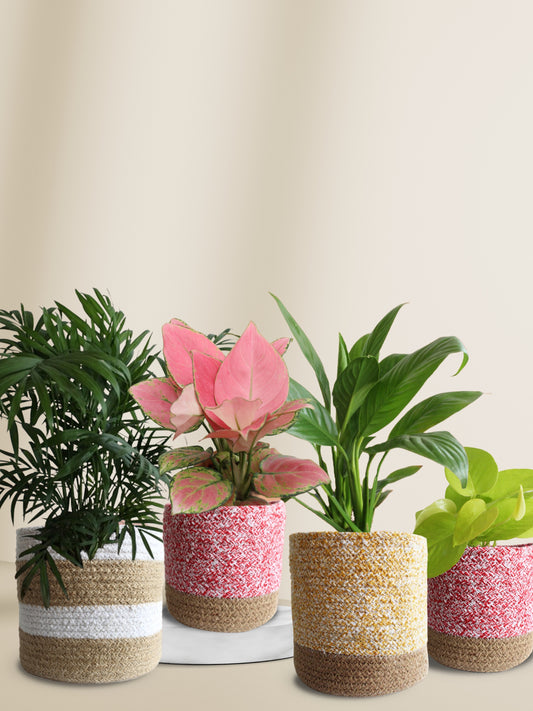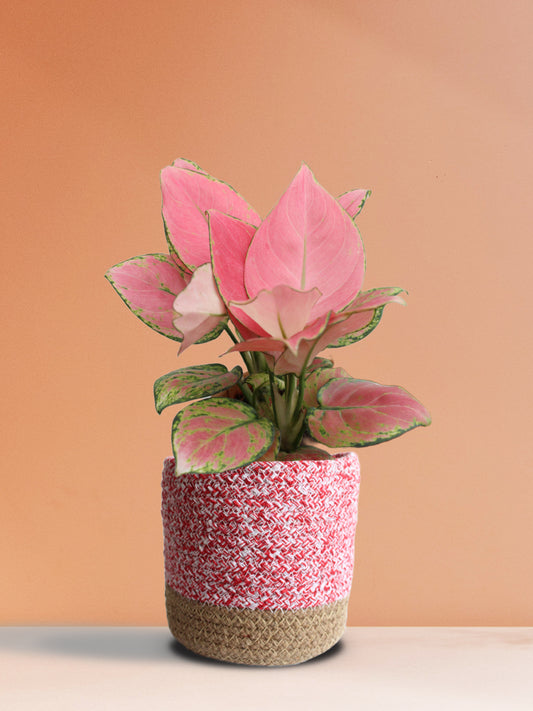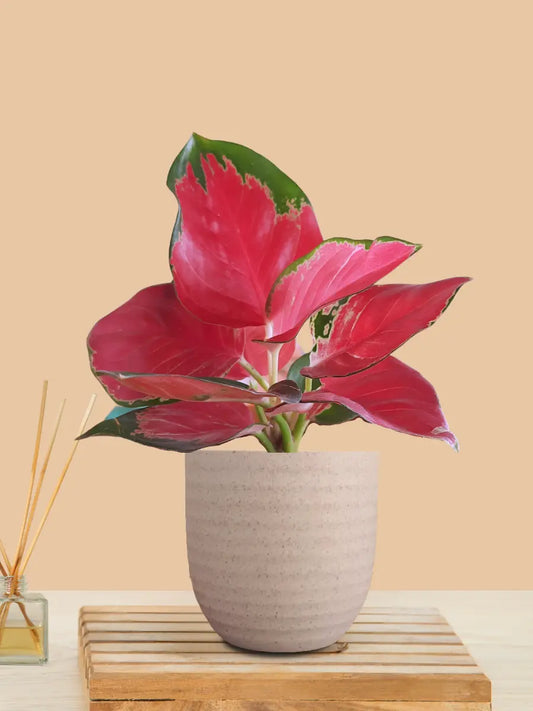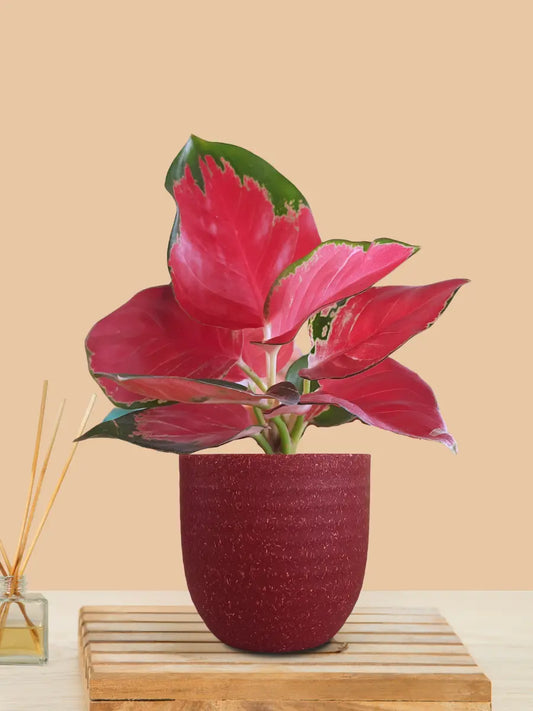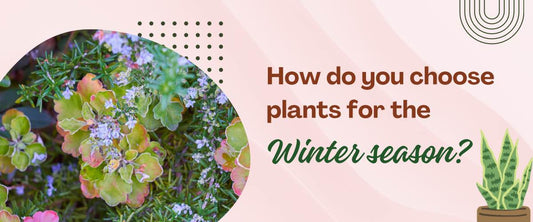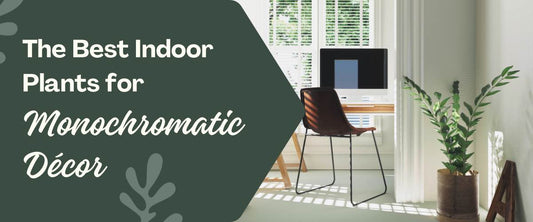Explore Negative Vastu Plants According to Vastu Shastra
Vastu Shastra, an ancient Indian science of architecture, has been counseling people on how to design harmonious living spaces for hundreds of years. It uses the ideas of fire, water, air, earth, & space, as well as spiritual views, to create a nice atmosphere or a peaceful place to live. According to Vastu Shastra, a home's harmonious design affects energy flow & the well-being of its residents. While this practice focuses on building layout, rooms, furniture, & décor, it also includes plants in a house.
Plants, with their lively spirit & natural beauty, are often seen as a beneficial addition to any living space. Nevertheless, Vastu Shastra sorts certain plants as negative due to their alleged potential to disrupt the equilibrium of energies within the home.
Let’s explore negative Vastu plants to identify the worst ones.
What Does Vastu Shastra Say About Plants?
Vastu Shastra emphasizes the significance of plants in our lives, not only for their aesthetic value or ability to produce oxygen but also for the energy they add to our homes. Plants, in the eyes of Vastu, are living creatures that give out their own energy fields. This energy can interact with the home's energy to affect the health, wealth, & well-being of the people who reside there.
Vastu Shastra, like the Chinese concept of Feng Shui, is a discipline for designing buildings that promote peace & prosperity in their immediate surroundings. This includes homes, colleges, commercial structures, & retail establishments. The practice of Feng Shui & Vastu Shastra also includes the strategic placement of things within the home to achieve a harmony of good & negative energy.
According to the principles of Vastu Shastra, the energy of many plants may be either positive or negative.
- Negative Vastu plants are believed to bring calamity & discord.
- Positive Vastu plants are believed to bring prosperity, happiness, & harmony.
The classification is based on the way the plant grows, its thorns, & the shape & color of its leaves & flowers, among other components.
Also Check This: Vastu Shastra: Best Indoor Plants As Per Vastu
How Do Plants Affect the Vastu of a Home?
How do Vastu Shastra's principles correlate with plant characteristics? The life force & features of plants are believed to affect a home's energy. According to Vastu, plants have varying levels of energy & unique primordial qualities that can either enhance or conflict with the energies of any particular space. For example, it is believed that healthy, flowering plants attract prosperity & happiness, while dead or decaying plants emanate negative energy.
Furthermore, some plants are regarded as negative Vastu plants due to their inherent characteristics. Even if they are healthy & well-cared for, these plants are nonetheless said to bring bad luck to the house.
Another factor that affects the room's energy flow is the location of the plants inside it. Plants positioned in the wrong direction may disrupt the natural energy flow & cause imbalances.
Plants That Are Not Good As Per Vastu
Some plants are revered for their cultural importance, yet Vastu considers them unlucky due to their dynamic nature. The following are a few worst plants as per the Vastu:
1. Babul Plant (Acacia Arabica)

According to Vastu Shastra, babul (or babool) should be grown outside the home. It may have negative effects on relationships if grown indoors. Babul, with its thorny branches, is considered unlucky in Vastu Shastra & usually believed that the presence of thorns within a home can generate negative energy & impede the free flow of positive energy.
2. Banyan Tree (Ficus benghalensis)

Hindus consider banyans beneficial; however, they shouldn't be planted inside or near homes. It's vaastu or not, but the banyan tree has deep roots & a long life. Growing them in a tub or roof won't last long, & their roots would collapse the structure.
Another fact is that don't sleep under a banyan tree. The science & logic behind this is - the banyan tree discharges carbon dioxide (CO2) at night, which may cause suffocation if it is situated in an area with low oxygen levels. That’s why; our ancestors avoided sleeping beneath Banyan trees at night for precisely this reason. However, you may keep the banyan tree in "bonsai" form if you if you wish.
Also Check This: Indoor Plant Buying Guide: How to choose the best Indoor plant
3. Cactus

Plants with thorns, such as cacti, are not permitted inside the home in the garden, or outdoors. Thorny plants, if present, can cause harshness, quarrels, & dread from opponents due to the attributes of their subtle energies.
Shastra allows a few prickly plants in the home. Rose is among the group. Shastra's advice on tree planting is connected to the subtle energy of trees & plants & their psychological states.
4. Caladium

Caladium plants, also known as "Elephant Ear," are renowned for their colorfully patterned leaves. Nevertheless, according to Vastu, their chaotic energy & vibrant colors can cause unease. It's best not to bring Caladiums indoors.
5. Cotton Plants (Gossypium Spp.)

In Vastu principles, cotton plants are considered undesirable in a house, despite their relationship with raw resources & important goods (textile production). There is a belief that its thorny pods & spiky nature bring negative energy into the home. Cotton plants may hinder Vastu's objective of a balanced & happy environment. Therefore, cotton plants are not recommended as interior décor.
Also Check This: Snake Plants Collection
6. Dead or Dying Plants

Vastu emphasizes the energy in a living environment, & dead or dying plants may release negative energy that might affect the well-being of people who live there. Decaying & stagnant plants are said to disturb the space's vitality & good energy flow. Therefore, it is recommended to get rid of these plants quickly & replace them with healthy ones to regain a more positive energy balance.
7. Dumb Cane (Dieffenbachia)

Vastu has a negative link with the Dumb Cane plant. Its name implies a lack of communication, which corresponds to the concept that it might restrict good conversation within a home. Dumb Cane's energy might limit communication, causing misunderstandings & confrontations.
8. English Ivy (Hedera helix)

English ivy, a popular climbing plant, is considered unfavorable in Vastu. This plant, despite its attractiveness, is believed to bring negativity, conflict, & even disharmony into the home. This is because it is a potentially toxic plant. It is also poisonous if consumed, so kids & animals should be kept away from it. Although, you may keep it in hanging pots out of reach or a trellis if you want to bring it home.
Also Check This: Top 17 Best Plants You Can Grow in a Bottle (Decor Idea)
9. Lilies

Lilies are considered inauspicious in Vastu due to their energy. There is a belief that lilies convey an energy that can create a sense of despair & an uneasy atmosphere. However, according to scientific analysis, lilies are among the most toxic plants, & pets are especially vulnerable to their effects. Some lilies are harmless to pets, especially cats while others might be harmful if ingested. Every component of the lily plant, from the leaves to the flower, may be harmful to a pet.
Therefore, it is essential to be aware of which lily species are pet-friendly. Some examples of lilies species such as Tiger, Asiatic, Rubrum, & Daylilies. Before bringing a lily into your house, you must verify its species.
10. Mehndi plants (Lawsonia Inermis)

Mehndi, also known as Henna, is a plant with cultural & traditional significance, but its energetic properties are viewed negatively in Vastu. Mehndi is connected with negative energy & disruptive impacts in the home because of its staining capabilities (of dark shades). It may mean energy from Mehndi may cause unrest & conflict.
11. Oleander (Nerium oleander)

According to Vastu, oleander, with its vibrant flowers & extremely toxic nature, is considered unlucky. Flowers of various oleander colors—white, pink, & red—adorn this lovely shrub. However, it is also well-recognized to be very poisonous if consumed. It might cause arrhythmia, mental confusion, & tremors. It is believed that its noxious properties invite negativity & poor fate into the home.
12. Sago Palm (Cycas revoluta)

In Vastu, the Sago Palm is considered unfavorable because of its unique look & spiky leaves. Despite its beauty, this plant is said to create negative energy that hinders positive energy flow in a living place.
13. Tamarind plant (Tamarindus indica)

According to Vastu Shastra, tamarind trees bring bad luck & evil spirits into homes. Scientists caution against growing this plant inside due to the excessive amounts of carbon dioxide & nitrogen it releases at night.
Also Check This: Best Good Luck Plant For Your Home
Conclusion
According to Vastu principles, the classification of these plants as negative comes from the belief that they can disrupt the harmonious movement of energy within a living space. Even though personal views & traditional practices play a role in choosing plants, it's important to make such decisions with attention & awareness, combining old customs with modern knowledge & personal tastes.
Find the potted marvels of Greenkin indoor plants & outdoor plants, which not only make your place seem good but also help you feel better & create more peace, harmony & positive energy in your life.


